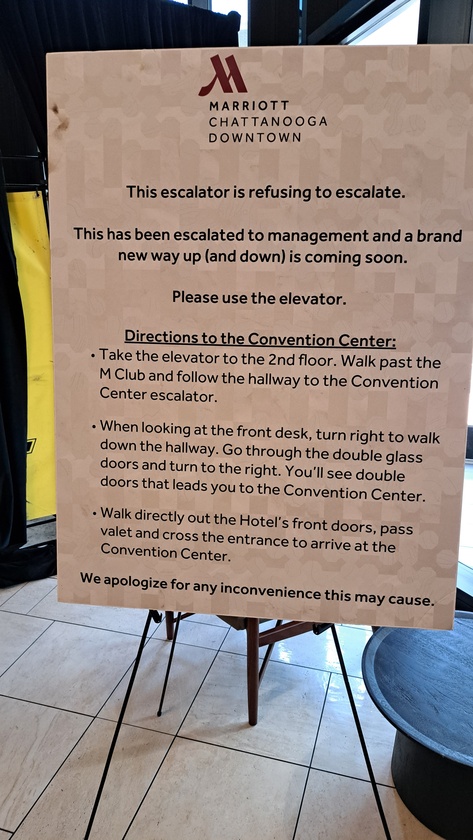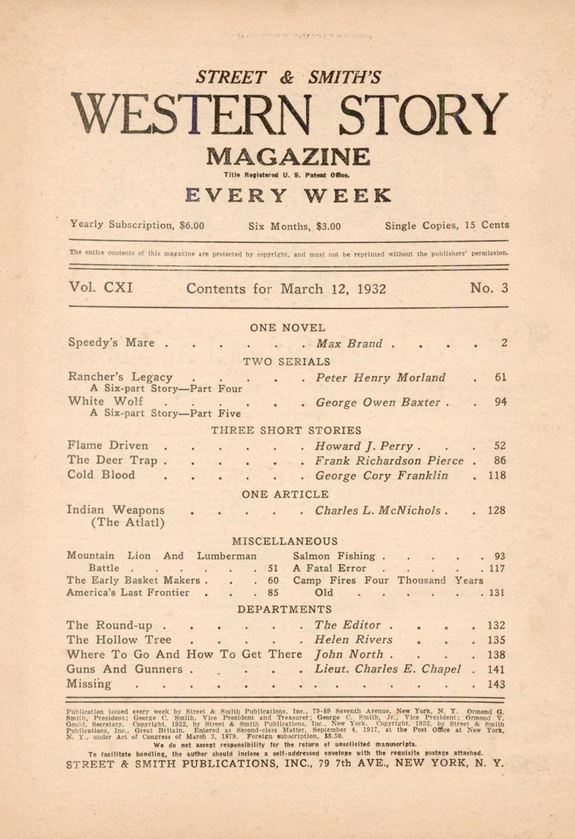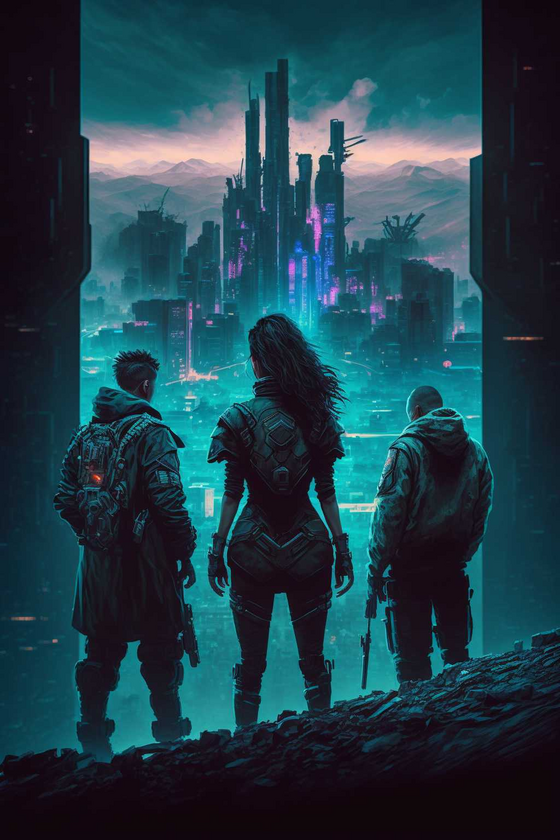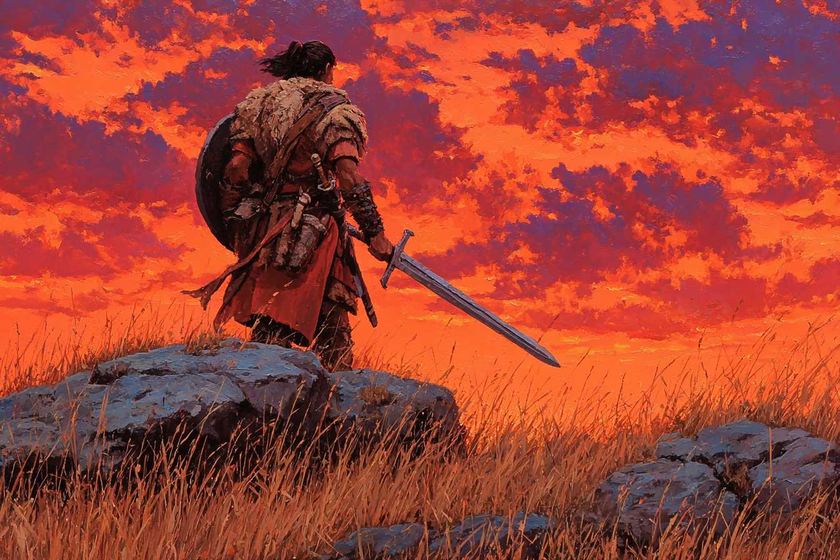Several years ago, Shout! Factory acquired the rights to all of Roger Corman's catalog, including his New World Pictures library.
Shout! Studios has made use of this to remake... Deathstalker.
Before I even get to my rant, problem number one is that the actor playing Deathstalker is sixty years old, and looks at least five years older. Sure, he's in great shape, and a skilled martial artist. But in no way is he believable as a warrior-barbarian, and he's a terrible choice for a lead in what they probably intend as a series, because he's only going to get older. (Unless they follow Deathstalker tradition and recast the lead role in every sequel.)
Deathstalker has no deep lore, no canon of stories or novels to adapt, just four cheesy original films which had little or no continuity, all shot in South America on the cheap to make cash from the coattails of Conan.
The only really appealing things in the original films are a plethora of unclad or scantily-clad ladies, and a certain doofy charm. This trailer lacks either. (Given the filmography of the director, the film itself may be a different matter.)
But getting a trash knockoff IP wrong in a remake isn't what set me off about this trailer.
It's the fact that they are remaking a trash IP, instead of adapting actual sword and sorcery literature. There is a lot of it, and some very good stuff is in the public domain. Even considering what's still in copyright, getting the film rights for quite a few good books or stories would not be expensive.
Gardner Fox wrote some highly entertaining Conan pastiches in his Kothar the Barbarian series, which were paperback originals, are in ebook now, and since Fox is long dead and not at all a household name, it seems likely that buying the film rights wouldn't be terribly expensive.
Henry Kuttner's excellent Elak of Atlantis stories are all in the public domain, so they would cost nothing in terms of rights.
C. L. Moore's Jirel of Joiry is a female sword and sorcery protagonist, and all of those stories are public domain.
The late, lamented Tanith Lee began her career with the astonishing s&s novel The Birthgrave, and it or her other early s&s books could probably be bought for a small (by Hollywood standards) price.
Should I mention Fritz Leiber's Fafrhd and the Gray Mouser? Never adapted to my knowledge, some of the early stories are public domain, and the ones that are not should not be expensive to acquire.
And that's what set me off. There is an enormous amount of quality material that Hollywood could be adapting. Not just in sword & sorcery, but in science fiction, fantasy, and genre fiction in general. So many masters have had little or nothing adapted, the mines are rich in ore.
But no. If it's not Philip K. Dick, Frank Herbert, or something that's been remade and ripped off to death, Hollywood won't touch it. They either want to put their own stamp on things, twisting them all out of recognizeability, or just rehash a rehash that was rehashed a dozen times already.



















